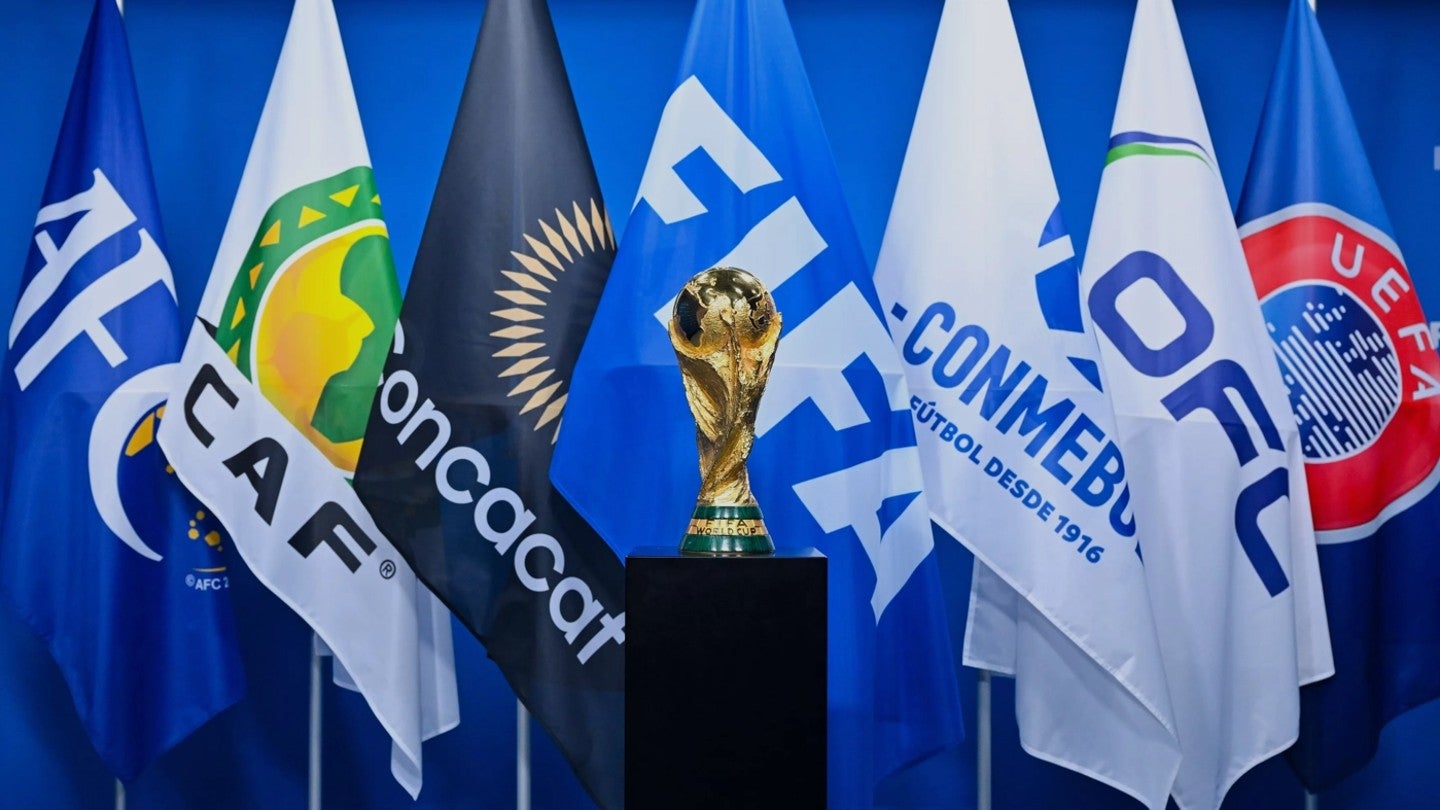The 2030 FIFA World Cup will be played across three continents after Morocco, Portugal, and Spain were awarded hosting rights to the 48-team tournament, with Uruguay, Argentina, and Paraguay to stage the first three matches.
The surprise decision marks the first time the men’s flagship tournament has been played on more than one continent and will see participating teams play across six countries, all of which have automatically qualified.
In a statement, FIFA president Gianni Infantino said: “In 2030, we will have a unique global footprint, three continents - Africa, Europe, and South America - six countries - Argentina, Morocco, Paraguay, Portugal, Spain, and Uruguay - welcoming and uniting the world while celebrating together the beautiful game, the centenary, and the FIFA World Cup.”
Under FIFA’s proposal, Uruguay, Paraguay, and Argentina will get an opening match each to mark 100 years since the first World Cup took place in Uruguay in 1930, with the hosts eventually crowned the champions. Argentina were runners-up in that tournament, while Paraguay is recognized as the traditional home of the continental governing body CONMEBOL.
The first game of the 2030 tournament will be played in the Uruguayan capital Montevideo, the city that hosted the 1930 World Cup finals. Matches in Argentina and Paraguay will follow before the remainder of the tournament moves to North Africa and Europe.
FIFA outlined its ambitious plans during a virtual meeting of its council yesterday (October 4) and they will now need to be approved through a vote taken by all 211 FIFA members at the end of next year.
If successful, Morocco will become the second African nation to host the men’s World Cup after South Africa in 2010. Portugal has never hosted a World Cup before but staged the UEFA European Championship in 2004.
Brazil was the last South American nation to host the tournament in 2014.
However, the decision to spread hosting duties across so many countries is being questioned by climate groups after a Swiss regulator ruled earlier this year that FIFA misled fans over claims that last year’s Qatar World Cup would be a carbon-neutral event.
Carbon Market Watch (CMW), which first exposed FIFA’s claims over Qatar were incorrect, said they will analyze the full details of how the tournament will work logistically when released.
A CMW spokesperson said: “It will all depend on how honestly and how well FIFA tackles the tournament’s carbon and ecological footprint. If the distributed nature of the tournament means that little to no new infrastructure will be built and fans will travel shorter distances more sustainably to attend games only in their country or nearby countries, then this could be helpful.
“However, if it means even more international and intercontinental travel and even more white elephant infrastructure, then it will be hugely problematic.”
The awarding of rights across three continental governing bodies has also paved the way for Saudi Arabia to host the 2034 World Cup, with FIFA rules stating now only Asia or Oceania can bid for the rights to that edition.
The Saudis had initially announced it would bid for the 2030 tournament alongside Greece and Egypt but withdrew earlier this year.
However, within hours of FIFA’s announcement, the oil-rich kingdom confirmed its plan to bid for the competition alone.
Yasser al-Misehal, president of the Saudi Football Federation, said: “We believe the time is right for Saudi Arabia to host the FIFA World Cup. Our bid is driven by a love for the game and a desire to see it grow in every corner of the world.”
Australia has also expressed an interest in bidding for the same tournament after successfully co-hosting the Women’s World Cup alongside New Zealand earlier this year.
















